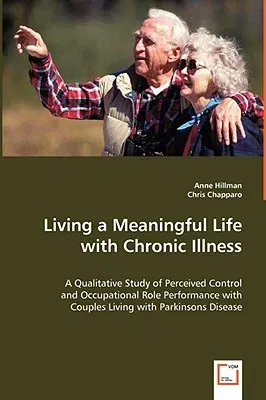Anne Hillman
(Author)Living a Meaningful Life with Chronic IllnessPaperback, 1 August 2008

Qty
1
Turbo
Ships in 2 - 3 days
In Stock
Free Delivery
Cash on Delivery
15 Days
Free Returns
Secure Checkout
Print Length
368 pages
Language
English
Publisher
VDM Verlag Dr. Mueller E.K.
Date Published
1 Aug 2008
ISBN-10
3836495120
ISBN-13
9783836495127
Description
Product Details
Authors:
Book Format:
Paperback
Country of Origin:
US
Date Published:
1 August 2008
Dimensions:
22.86 x
15.24 x
1.93 cm
ISBN-10:
3836495120
ISBN-13:
9783836495127
Language:
English
Location:
Saarbrucken
Pages:
368
Publisher:
Weight:
489.88 gm

